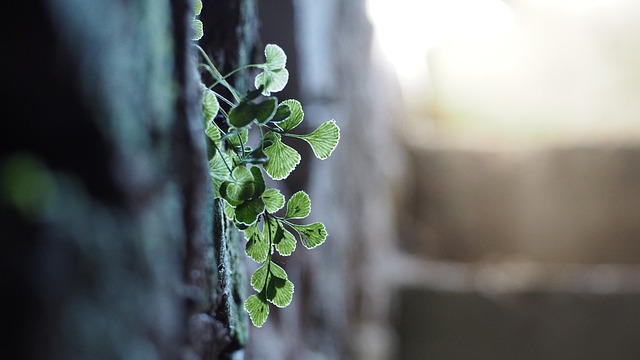99.9% THCA flowers from cannabis sativa are gaining popularity due to their potential therapeutic effects and wellness benefits, offering a non-psychoactive alternative to traditional THC. THCA has been studied for its anti-inflammatory, neuroprotective, and analgesic properties, which could make it effective in managing pain, inflammation, and various neurological conditions without the psychoactive “high.” Ongoing scientific research is elucidating how THCA operates within the endocannabinoid system and its potential applications. The non-intoxicating nature of THCA makes it a safe option for those seeking natural health remedies or medical treatments, with methods like infusing into edibles or vaporizing at low temperatures allowing users to harness its benefits. As research continues, the understanding of THCA’s effects and benefits expands, highlighting its promise as a key cannabinoid for health support. Users are advised to consult healthcare professionals for guidance on dosage and compatibility with personal health goals, and to adhere to local laws regarding cannabis use. Proper storage and sourcing of high-quality THCA flower are crucial for preserving its potency and ensuring safety and efficacy.
Explore the multifaceted world of THCA flower, a non-psychoactive precursor to THC found in cannabis. This comprehensive guide demystifies its unique properties, effects, and potential health benefits, offering insights for both novice and experienced users. From understanding its science to mastering its consumption, this article provides a detailed exploration of THCA flower, including its role in wellness practices, legal considerations, and the best ways to store and prepare it for optimal effects. Delve into the entourage effect, learn about top strains, and discover how THCA may support mental health and physical well-being. With expert tips on finding your ideal dosage and a look into the future of THCA Flower vs THC research, this article is your go-to resource for all things THCA flower effects and benefits.
- Unlocking the Potential of THCA Flower: A Primer
- The Science Behind THCA: What Makes It Unique?
- THCA Flower Effects: Understanding Its Impact
- Exploring the Therapeutic Benefits of THCA
- How to Safely Consume THCA Flower for Optimal Effects
Unlocking the Potential of THCA Flower: A Primer
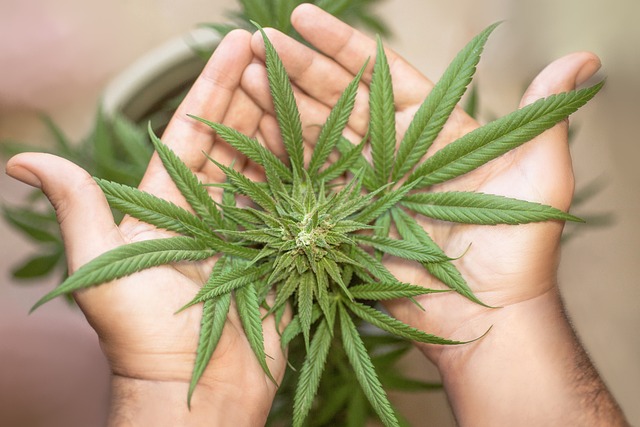
THCA, or Tetrahydrocannabinolic Acid, is a non-psychoactive cannabinoid found in raw cannabis plants, which transforms into THC upon heating. As interest in cannabinoids grows, understanding the potential effects and benefits of THCA flower has become increasingly significant for consumers and researchers alike. THCA is recognized for its therapeutic properties, including anti-inflammatory and neuroprotective effects, which are being studied for their applications in managing pain, inflammation, and various neurological conditions. Consumers interested in the potential benefits of THCA flower typically opt for raw or decarboxylated buds, as heating these buds can activate the psychoactive properties of THC. The effects and benefits of THCA are subject to ongoing scientific investigation, but preliminary studies suggest that it may offer a wide range of wellness support without the psychoactive ‘high’ associated with its decarboxylated counterpart, THC. As such, THCA flower is becoming a popular choice for those seeking the therapeutic effects of cannabis without cognitive impairment. Whether used in its raw form or after a careful decarboxylation process to unlock its psychoactive potential, understanding the nuances of THCA and its derivatives remains a key focus in the evolving world of cannabinoid research.
The Science Behind THCA: What Makes It Unique?
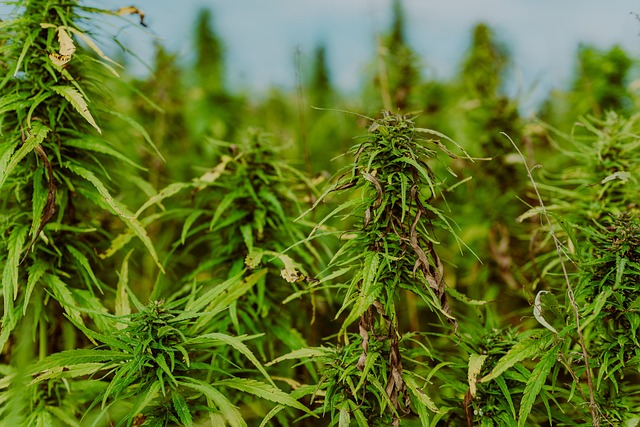
99.9% THCA flowers, which contain tetrahydrocannabinolic acid, a non-psychoactive cannabinoid, have garnered attention for their potential effects and benefits. Unlike its psychoactive counterpart THC, THCA interacts with the body’s endocannabinoid system without inducing the traditional “high” associated with cannabis consumption. Scientific research indicates that THCA possesses anti-inflammatory, neuroprotective, and potential analgesic properties, making it a subject of interest for both therapeutic and wellness applications. Preliminary studies suggest that THCA may offer relief from various conditions by modulating the body’s responses to inflammation and pain without mind-altering effects. This unique profile has led researchers to explore its effects and benefits in depth, with an emphasis on how it might be utilized in natural health remedies and medical treatments. The precise mechanisms through which THCA exerts its influence are still under investigation, but its non-intoxicating nature makes it a promising compound for various health applications.
THCA Flower Effects: Understanding Its Impact
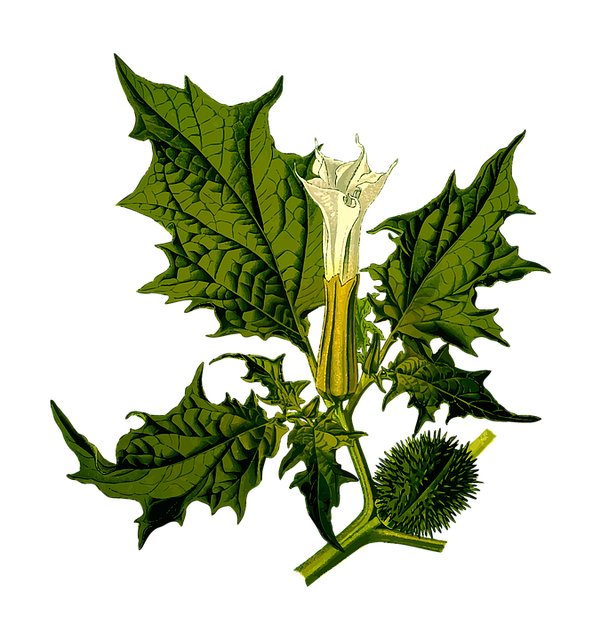
delta-9-tetrahydrocannabinolic acid (THCA) is a naturally occurring compound found in the Cannabis sativa plant, which precedes THC when exposed to heat or light. As interest in cannabinoids grows, researchers and consumers alike are increasingly focusing on the potential effects and benefits of THCA flower, particularly as it remains non-psychoactive at lower temperatures. THCA is believed to possess a range of therapeutic properties without the psychotropic effects typically associated with its decarboxylated form, THC. Preliminary studies suggest that THCA may offer anti-inflammatory, analgesic, and neuroprotective benefits, making it a subject of interest for those seeking wellness support in these areas. Its potential impact on various conditions is an area of active research, with some early findings indicating its role in managing pain and inflammation, as well as its neuroprotective properties that could be beneficial in neurological disorders. Consumers interested in the benefits of THCA flowers typically infuse them into edibles or vaporize them at lower temperatures to preserve the compound’s therapeutic potential. As with any supplement or medication, it is essential for individuals to consult with healthcare professionals before incorporating THCA flower into their health regimen to ensure safety and appropriateness for their specific needs.
Exploring the Therapeutic Benefits of THCA
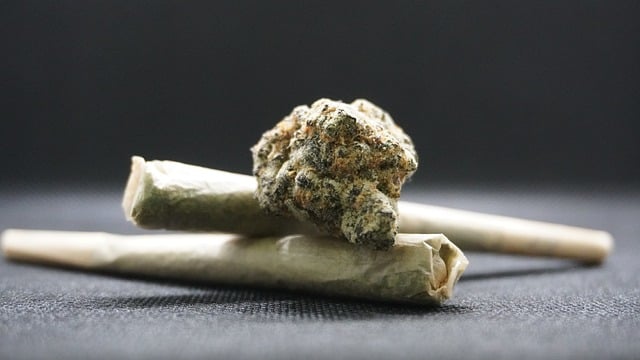
THCA, or tetrahydrocannabinolic acid, is a natural compound found in the cannabis plant that has garnered attention for its potential health benefits. Unlike its well-known derivative THC, THCA exists in its non-psychoactive form and is believed to offer a range of therapeutic effects without the psychoactive ‘high’ associated with cannabis consumption. Research suggests that THCA interacts with the body’s endocannabinoid system, which regulates various physiological processes including pain, inflammation, and immune response. The flower rich in THCA has been explored for its potential anti-inflammatory properties, making it a subject of interest for those seeking natural relief from conditions like arthritis and chronic pain. Additionally, preliminary studies indicate that THCA may have neuroprotective qualities, offering promise for its role in the treatment of neurological disorders such as multiple sclerosis and epilepsy.
Furthermore, the flower tips containing THCA are also being studied for their anti-emetic properties, which could be beneficial for individuals undergoing chemotherapy or suffering from nausea and vomiting due to other medical conditions. The cannabinoid is thought to act as an agonist at both CB1 and CB2 receptors, potentially providing a balanced effect without the strong psychoactive effects of THC. As research continues to evolve, the benefits of THCA flower effects are becoming more apparent, highlighting its potential as a therapeutic agent in various health and wellness regimens. Users interested in exploring the benefits of THCA should consider consulting with healthcare professionals to determine appropriate dosages and to ensure that cannabis use aligns with their individual health needs and legal regulations in their area.
How to Safely Consume THCA Flower for Optimal Effects
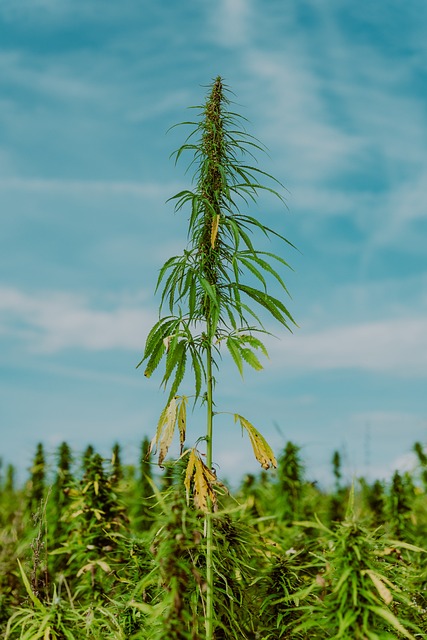
When exploring the effects and benefits of THCA flower, it’s crucial to approach consumption with both curiosity and caution. THCA, or Tetrahydrocannabinolic Acid A, is a non-psychoactive cannabinoid found in raw cannabis plants and has been gaining attention for its potential wellness properties. To safely consume THCA flower and maximize its effects, it’s important to understand the proper preparation and dosing methods.
One of the most effective ways to experience the benefits of THCA is through decarboxylation, a process that converts THCA into THC, the psychoactive compound found in cannabis. This conversion typically occurs when the plant material is heated, which can be done through various consumption methods such as vaporization or cooking. Consuming THCA flower in edible form allows for precise dosing and a longer-lasting effect. It’s advisable to start with a lower dose and gradually increase it based on individual tolerance and desired effects. Additionally, proper storage of the THCA flower in a cool, dry place away from direct sunlight will preserve its potency and maintain the integrity of its effects and benefits. Always ensure that you are purchasing your THCA flower from a reputable source to avoid any contaminants or adulterants that could compromise your health and the quality of the experience.
THCA flower, a non-psychoactive cannabinoid, holds significant promise due to its unique and potent effects. This article has delved into the science behind THCA, elucidating its distinct characteristics and how it interacts with the body’s endocannabinoid system. The therapeutic benefits of THCA, including its potential in managing pain, inflammation, and various neuropsychiatric conditions, have been thoroughly examined. For those interested in experiencing the effects of THCA flower, understanding proper consumption methods is crucial for maximizing its benefits. In essence, THCA flower effects and benefits present a compelling case for further research and consideration as a natural wellness supplement, offering a safe and potentially effective alternative for health maintenance and treatment.
